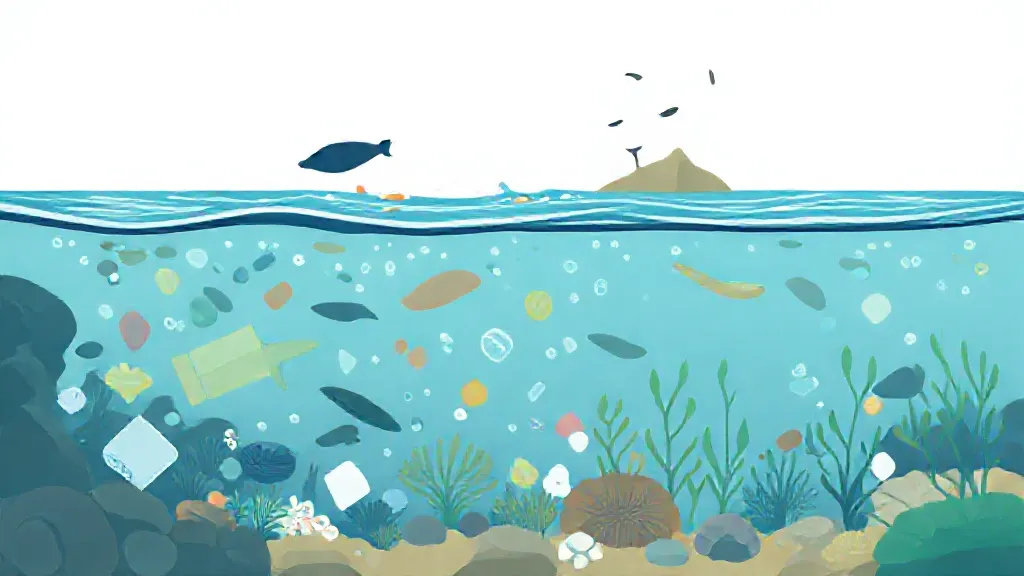Plastic pollution has emerged as one of the most pressing environmental issues of our time, affecting ecosystems, wildlife, and human health. The widespread use of plastic, particularly single-use items, has led to an alarming accumulation of waste in landfills, oceans, and natural habitats. Understanding the multifaceted dangers of plastic pollution is essential for fostering awareness and driving action toward sustainable solutions.
The Ubiquity of Plastic and Its Consequences
Plastic is an incredibly versatile material, utilized in countless products ranging from packaging to construction. However, its durability, which makes it so useful, also contributes to its persistence in the environment. It can take hundreds to thousands of years to decompose, leading to significant accumulation.
According to the United Nations, approximately 300 million tons of plastic are produced each year, and nearly half of this is disposable, meaning it is used only once before being discarded. This rampant production and consumption create an urgent need to address the consequences of plastic waste.
Impact on Marine Life and Ecosystems
Marine environments are particularly vulnerable to plastic pollution.
An estimated 8 million tons of plastic enter the oceans annually, resulting in devastating effects on marine wildlife. Sea turtles, for example, often mistake plastic bags for jellyfish, leading to ingestion that can cause blockages or even death. Additionally, microplastics—tiny plastic particles less than five millimeters in size—have been found in the stomachs of fish, birds, and marine mammals.
These microplastics can accumulate in the food chain, posing risks not only to wildlife but also to human health.
Health Risks Associated with Plastic Pollution
The health implications of plastic pollution extend beyond environmental degradation. Chemicals used in the production of plastics, such as bisphenol A (BPA) and phthalates, can leach into food and beverages, leading to potential hormonal disruptions and other health issues.
A study published in the journal Environmental Science & Technology found that microplastics can be absorbed by human cells, raising concerns about their effects on human health. As plastics break down, they may release harmful substances into the soil and water, further compounding these risks.
Economic Impacts of Plastic Waste
The economic implications of plastic pollution are profound.
Clean-up efforts for polluted areas, particularly coastlines, can cost millions of dollars each year. Moreover, the fishing and tourism industries suffer as marine ecosystems become degraded and littered with plastic waste. A report by the World Economic Forum estimates that by 2030, the cost of plastic pollution to the economy could reach $600 billion annually.
This highlights the urgent need for policies and practices that mitigate plastic waste and promote sustainable alternatives.
Legislation and Global Efforts
In response to the plastic pollution crisis, various countries and organizations have begun implementing measures to reduce plastic waste. Bans on single-use plastics, such as straws and bags, have been enacted in numerous regions, and international agreements, like the Global Plastic Treaty, are being discussed to address the issue on a global scale.
These initiatives aim to promote recycling, encourage the use of biodegradable materials, and foster a circular economy that minimizes plastic production and waste.
The Role of Individuals and Communities
While legislation plays a crucial role in combating plastic pollution, individual actions are equally important. Communities can adopt practices such as reducing plastic consumption, participating in clean-up events, and advocating for sustainable policies.
Simple changes, like using reusable bags, bottles, and containers, can significantly reduce personal plastic footprints. Education and awareness campaigns can empower individuals to make informed choices that contribute to a healthier planet.
Innovative Solutions and Future Directions
Innovative solutions are emerging to tackle plastic pollution.
Scientists are developing biodegradable alternatives to traditional plastics, while companies are exploring new recycling technologies to convert plastic waste back into usable materials. Furthermore, initiatives focused on ocean clean-up, such as The Ocean Cleanup project, aim to remove plastic from our seas and restore marine ecosystems. These advancements highlight the potential for technology and innovation to address one of the most critical environmental challenges of our time.
Conclusion: A Call to Action
Plastic pollution is a complex issue that requires collective action from governments, industries, and individuals. By understanding the harmful effects of plastic pollution on the environment, health, and economy, we can work together to implement sustainable solutions. It is crucial to advocate for policies that reduce plastic production, promote recycling, and support research into alternative materials.
Only through concerted efforts can we hope to mitigate the impact of plastic pollution and protect our planet for future generations.
